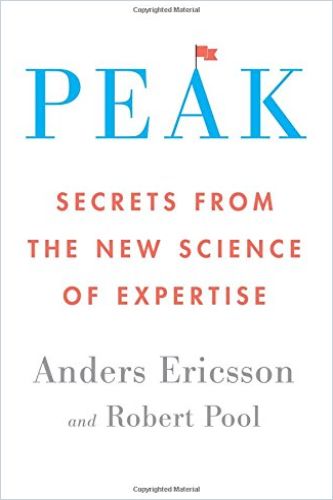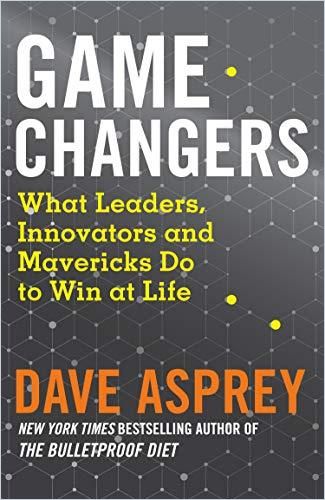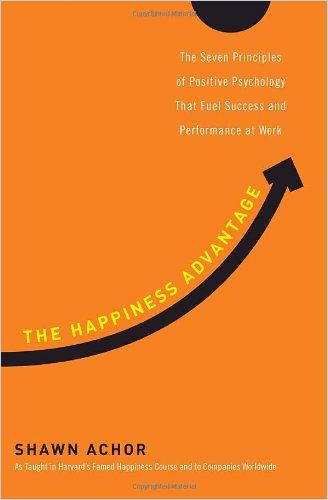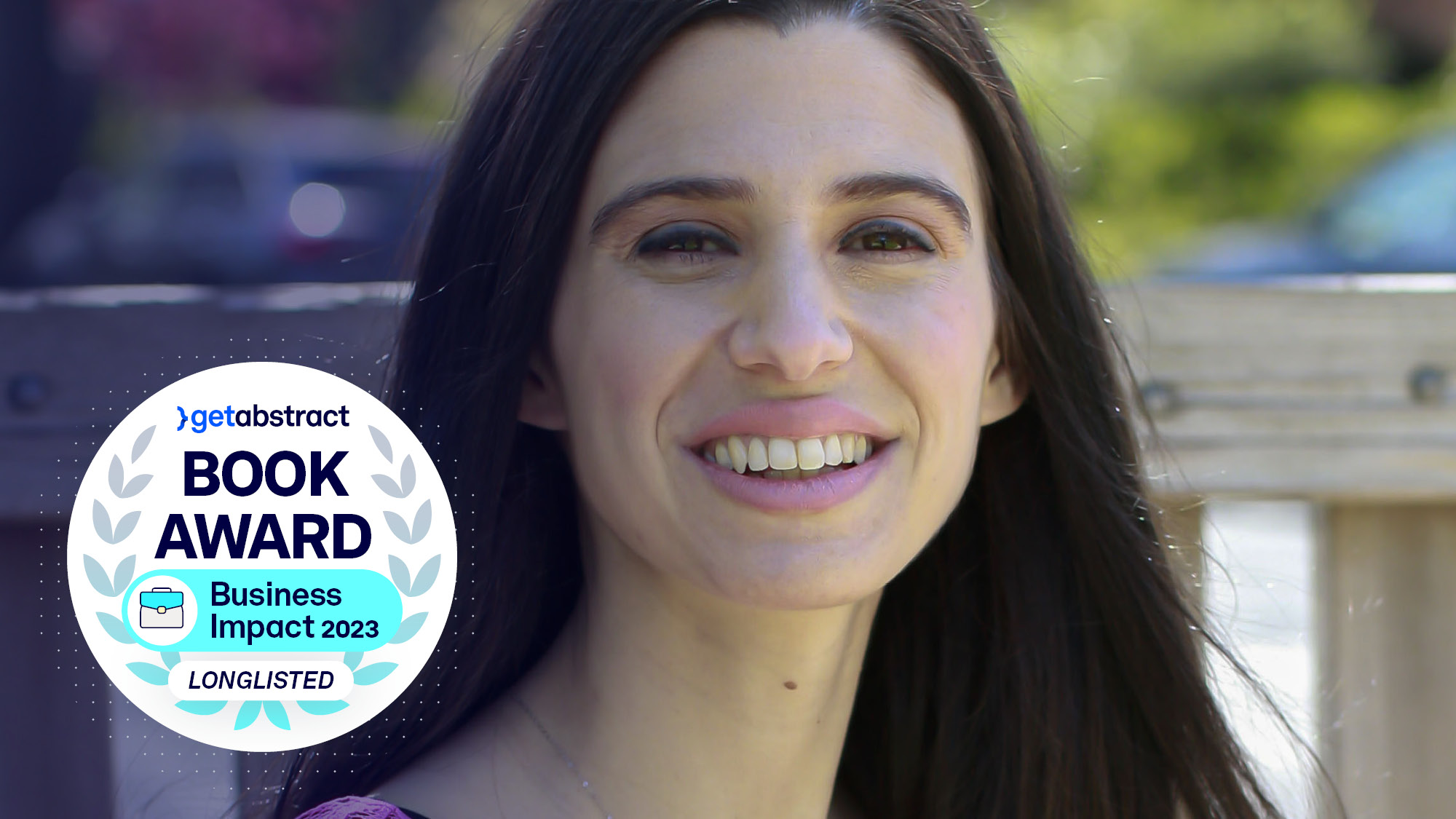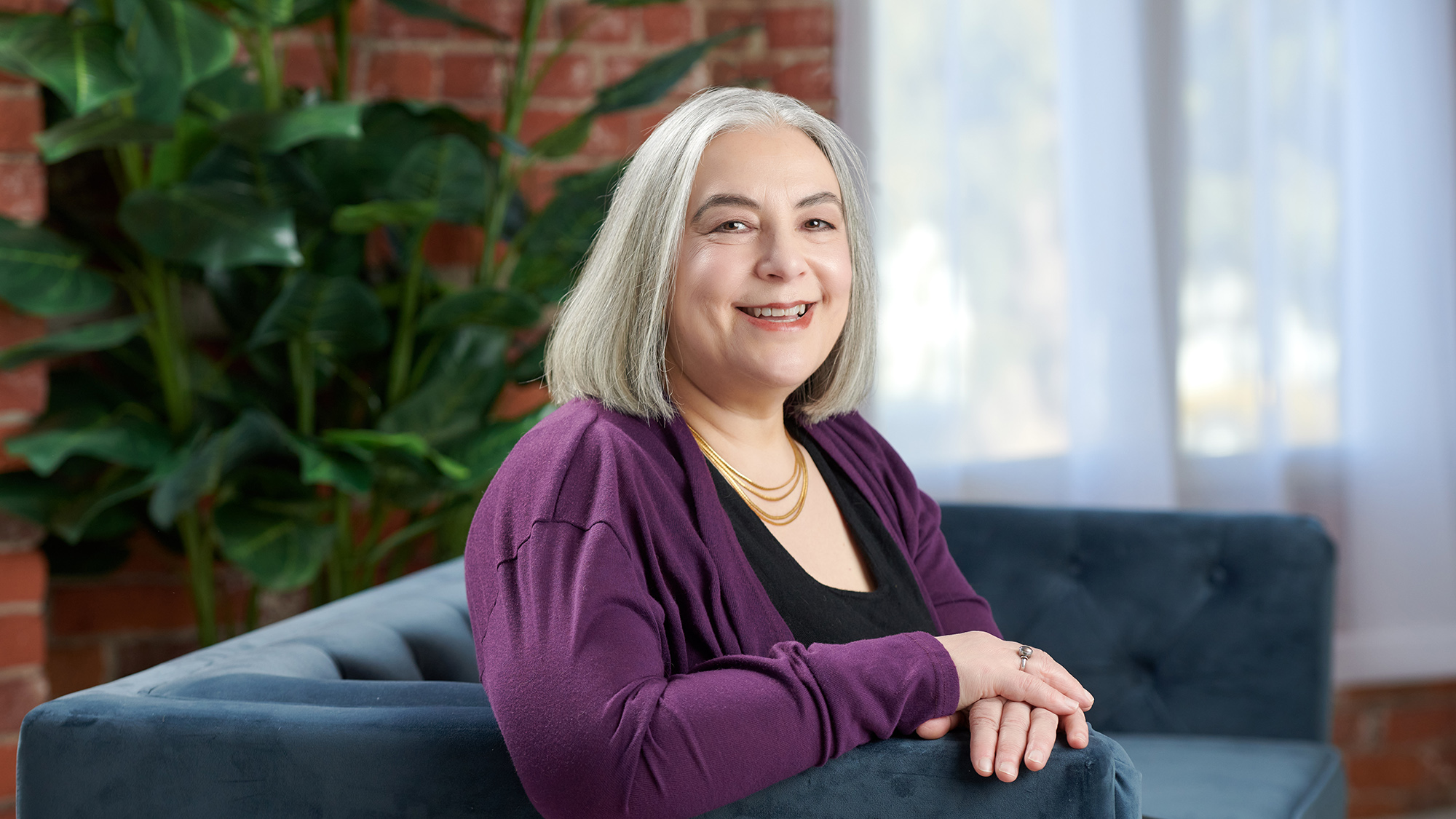The Pizza Margherita Method for Self-Fulfillment

Some years back, author Rhonda Byrne wrote The Secret, a slightly esoteric book about the secret of success, happiness, satisfaction and the works. It sold millions of copies worldwide. Byrne had her readers believe that they can achieve any goal if they only believe hard enough in it. The trouble with this theory is that many things in life go down the drain: You lose your job, your daughter insists on studying French poetry, and the mole on your neck is not just a blackhead. “Think Positive” is Rhonda Byrne’s motto. What if she is only correct regarding the diagnosis of your mole?
You cannot achieve happiness, success and satisfaction with a few fundamental principles from self-help books. The often quoted saying ‘simply be yourself,’ for example, is good advice for maybe 5% of all humans. Tops.
We all long for happiness, success and satisfaction. According to a survey, 87% of German high school graduates consider the most important thing in life to be “a fun job.” Happiness, contentment and self-fulfillment are top priorities on their wish lists. And that’s where the drama begins: How can I know in advance if a job fulfills me or not? If other employment would make me happier?
Note
Our columnist Vince Ebert speaks at congresses, conferences and company celebrations in German and English on the topics of success, innovation and digitization. Here you can hire Vince Ebert as a keynote speaker for your event.
The truth is that “happiness” and “contentment” are hard to measure. Compare a farmer of a remote medieval village with a modern-day banker: The farmer lives in an unheated wood cabin with a view of a stinking pigsty. The banker relaxes on his designer couch in his penthouse overlooking a spectacular skyline. One might assume that the banker is happier than the farmer. But from a scientific point of view, happiness doesn’t come with possessing luxury goods or views of pristine skyscrapers. Happiness forms in the brain. There, the neurotransmitters serotonin, dopamine and endorphins are released which cause positive feelings.
It’s the Brain Chemistry, Stupid!
Please don’t get me wrong: This is not a romantic plea for a pathetic life in the middle of nowhere surrounded by smelly pigsties. On the contrary. I spent the first 20 years of my life in a place very much like that and don’t ask what that did to my serotonin levels. I am trying to say that life can be as hard and merciless as it gets – as long as one considers it meaningful, one’s brain chemistry will reward one with blissful emotions. On the other end of the spectrum, a life in luxury and abundance can be agony if there is no meaning to be found in it. Just think of Charlie Sheen.
Regardless, lots of employees let themselves be lured by bonuses, company cars and other perks, even though we know from motivation studies that financial incentives especially are often ruinous for satisfaction. Under certain circumstances, money can act like a drug: It gets processed in the brain’s delight part, thus sabotaging selfless initiative. If you pay the guys from the voluntary fire department a fat reward every time they extinguish a fire, I’ll be damned if at least a few of them wouldn’t try to keep that business model up and running.
What does science say about the pursuit of happiness and meaning? For example, when animals in test labs can choose between getting food on their terms by fulfilling specific tasks or simply getting food, they decide to “work” for it. It gives them a greater sense of satisfaction. Self-determination and autonomy raise serotonin levels. On the other hand, someone who feels like a helpless victim is significantly less happy. Unfortunately, we Germans are world champions in this field:
According to a survey, 68% of us believe that our fate depends on factors beyond our control. If one had run that same study among medieval bond slaves, the result would probably have been the same.
Here is food for thought: Let’s assume you only have six months left to live. What would you do with your remaining time? And let’s further assume, after six months, it turns out your doctor had been wrong: You are as healthy as they come. Would you go back to your old routine? And if not, why go back today?
What I want to say here, is: If you don’t like your job, quit! Yeah, but… – No! Quit! Maybe your employer would be better off without you anyway. And if you are too timid or too lazy to quit, then stay – but stop complaining! Not about your boss, your colleagues, globalization, nor your customers.
The highest price a person may have to pay is not losing a well-paid job or eviction from a good home. The highest price is the loss of self-esteem.
Our brains stay flexible and dynamic throughout our entire lives. And that is also why it is never too late to change one’s life. Although it is true that young people have achieved the most remarkable things: Most mathematical geniuses accomplished their most inventive works at a time when we acquire our first loan for a house. Which we probably wouldn’t do if we were any better at maths.
Nonetheless, it is still possible to do amazing things at an older age. Benjamin Franklin invented the bifocal lens when he was 78. Vladimir Horowitz played piano concerts up to the age of 84. And the Rolling Stones will probably keep performing from their graves. So, if you are 40 and you think your life is over, you are very wrong.
You Alone Can Decide What Is Really Important to You
I know lots of people who chose their professions for “sensible” reasons. They seamlessly shifted from their education into their jobs and have not questioned their decision ever since. They work overtime for their next promotion and have long stopped pondering whether working as a sales manager in the new plant in Kansas City was such a fabulous move. But they can tell you the exact date and time at which they will retire.
Others follow their dreams, drop out, open up a surfing school, a bar, and hold workshops on binding spice bouquets or becoming artists. They don’t give a damn for a safe job and would much rather fulfill themselves.
Of course, not everything is possible. If you are approaching 90, it is pretty unlikely that you will be offered the role of Prince Siegfried in Swan Lake. Especially if you have an artificial hip joint and are heterosexual. Many dreams are just not made for reality. But some are. Suppose you get your ass up. There is no guarantee. Especially not by stubbornly following and applying the advice from dubious self-help books.
So, replace the naïve “Think Positive” motto with the Pizza Margherita tactic: “Don’t expect anything and be eventually in for a pleasant surprise.” At the end of my final column for getAbstract, I am left wishing you all the best with that. You deserve it!
Photo: Frank Eidel
